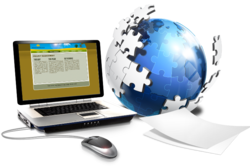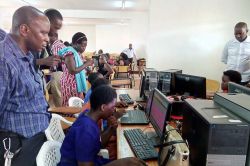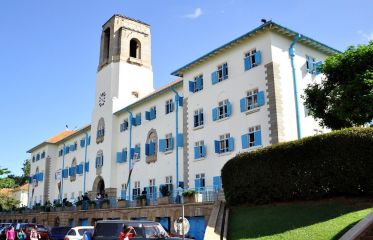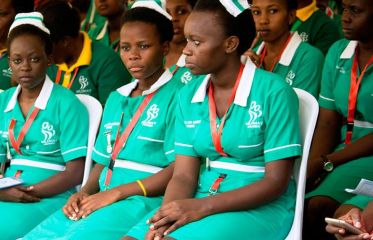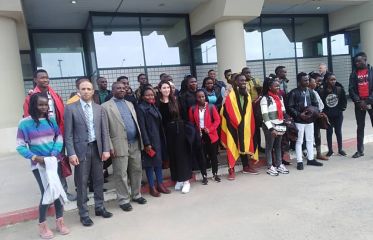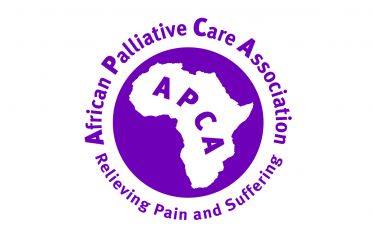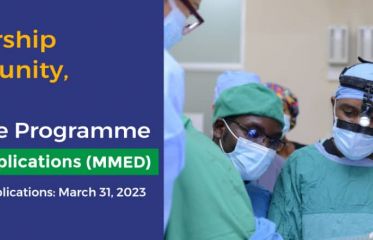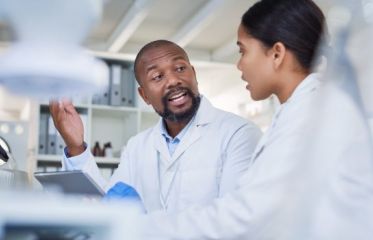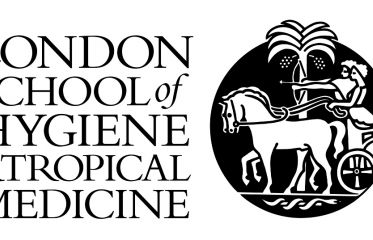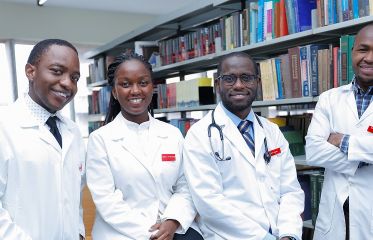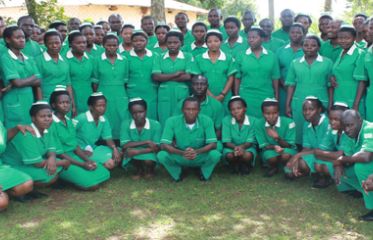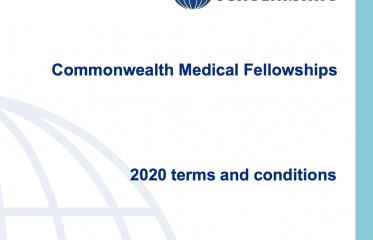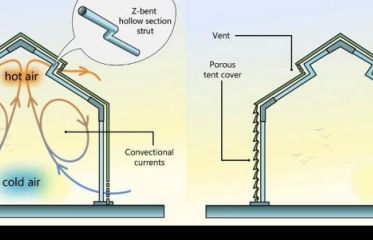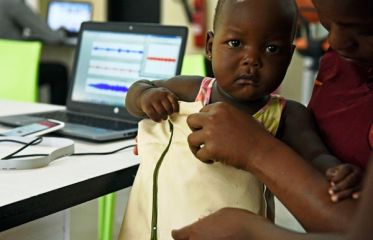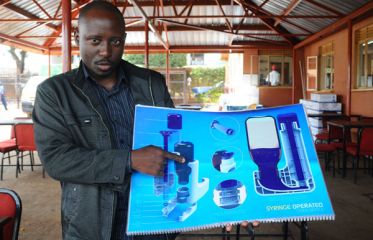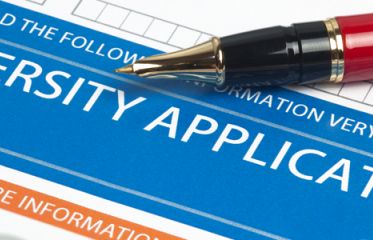Breaking News
- Ministry of Education and Sports Azerbaijan Government Scholarships For 2025-2026 Academic Year ...Read More
- Government Sponsorship Undergraduate Admission Lists 2025-26 for Makerere University ...Read More
- Ministry of Education And Sports: Egyptian Government Scholarships 2025-2026 Academic Year ...Read More
- Ground Breaker Full Scholarship for girls to study Software Engineering 2025 July Intake ...Read More
- Tony Elumelu Foundation Entrepreneurship Programme (TEEP) 2025 for young African Entrepreneurs ...Read More
- DESIGNING FUTURES 2050 International Design Competition 2025 (€15,000 prize) ...Read More
- Ground Breaker Full time Scholarship for girls to study Software Engineering 2025 Intake ...Read More
- Ministry of Education And Sports Algerian Vocational Training Scholarships for 2024-2025 AY ...Read More
- Ministry of Education and Sports Advert for the Algerian Government Scholarships for 2024-2025 ...Read More
- Uganda Dev Summit 2024 Live Stream ...Read More
Cardiovascular Technologists and Technician
Conduct tests on pulmonary or cardiovascular systems of patients for diagnostic purposes. May conduct or assist in electrocardiograms, cardiac catheterizations, pulmonary functions, lung capacity, and similar tests. Includes vascular technologists.
Add to FavouritesCardiovascular Technologists and Technician
Conduct tests on pulmonary or cardiovascular systems of patients for diagnostic purposes. May conduct or assist in electrocardiograms, cardiac catheterizations, pulmonary functions, lung capacity, and similar tests. Includes vascular technologists.
Daily Tasks
- Conduct electrocardiogram (EKG), phonocardiogram, echocardiogram, stress testing, or other cardiovascular tests to record patients' cardiac activity, using specialized electronic test equipment, recording devices, or laboratory instruments.
- Explain testing procedures to patients to obtain cooperation and reduce anxiety.
- Monitor patients' blood pressure and heart rate using electrocardiogram (EKG) equipment during diagnostic or therapeutic procedures to notify the physician if something appears wrong.
- Obtain and record patient identification, medical history, or test results.
- Monitor patients' comfort and safety during tests, alerting physicians to abnormalities or changes in patient responses.
- Prepare and position patients for testing.
- Attach electrodes to the patients' chests, arms, and legs, connect electrodes to leads from the electrocardiogram (EKG) machine, and operate the EKG machine to obtain a reading.
- Adjust equipment and controls according to physicians' orders or established protocol.
- Check, test, and maintain cardiology equipment, making minor repairs when necessary, to ensure proper operation.
- Supervise or train other cardiology technologists or students
- Compare measurements of heart wall thickness and chamber sizes to standard norms to identify abnormalities.
- Maintain a proper sterile field during surgical procedures.
- Observe ultrasound display screen and listen to signals to record vascular information, such as blood pressure, limb volume changes, oxygen saturation, or cerebral circulation.
- Assist surgeons with vascular procedures, such as preparing balloons and stents.
- Assist physicians in the diagnosis and treatment of cardiac or peripheral vascular treatments, such as implanting pacemakers or assisting with balloon angioplasties to treat blood vessel blockages.
- Assess cardiac physiology and calculate valve areas from blood flow velocity measurements.
- Operate diagnostic imaging equipment to produce contrast enhanced radiographs of heart and cardiovascular system
Key Knowledge Areas
- Customer and Personal Service — Knowledge of principles and processes for providing customer and personal services. This includes customer needs assessment, meeting quality standards for services, and evaluation of customer satisfaction.
- English Language — Knowledge of the structure and content of the English language including the meaning and spelling of words, rules of composition, and grammar.
- Medicine and Dentistry — Knowledge of the information and techniques needed to diagnose and treat human injuries, diseases, and deformities. This includes symptoms, treatment alternatives, drug properties and interactions, and preventive health-care measures.
- Computers and Electronics — Knowledge of circuit boards, processors, chips, electronic equipment, and computer hardware and software, including applications and programming.
- Education and Training — Knowledge of principles and methods for curriculum and training design, teaching and instruction for individuals and groups, and the measurement of training effects.
Skills
- Active Listening — Giving full attention to what other people are saying, taking time to understand the points being made, asking questions as appropriate, and not interrupting at inappropriate times.
- Critical Thinking — Using logic and reasoning to identify the strengths and weaknesses of alternative solutions, conclusions or approaches to problems.
- Monitoring — Monitoring/Assessing performance of yourself, other individuals, or organizations to make improvements or take corrective action.
- Operation Monitoring — Watching gauges, dials, or other indicators to make sure a machine is working properly.
- Speaking — Talking to others to convey information effectively.
- Reading Comprehension — Understanding written sentences and paragraphs in work related documents.
- Social Perceptiveness — Being aware of others' reactions and understanding why they react as they do.
- Judgment and Decision Making — Considering the relative costs and benefits of potential actions to choose the most appropriate one.
- Service Orientation — Actively looking for ways to help people.
- Active Learning — Understanding the implications of new information for both current and future problem-solving and decision-making.
- Complex Problem Solving — Identifying complex problems and reviewing related information to develop and evaluate options and implement solutions.
- Operation and Control — Controlling operations of equipment or systems.
- Writing — Communicating effectively in writing as appropriate for the needs of the audience.
- Coordination — Adjusting actions in relation to others' actions.
- Instructing — Teaching others how to do something.
- Science — Using scientific rules and methods to solve problems.
- Time Management — Managing one's own time and the time of others.
You can do one of these courses to prepare for this Career
Companies that hire









